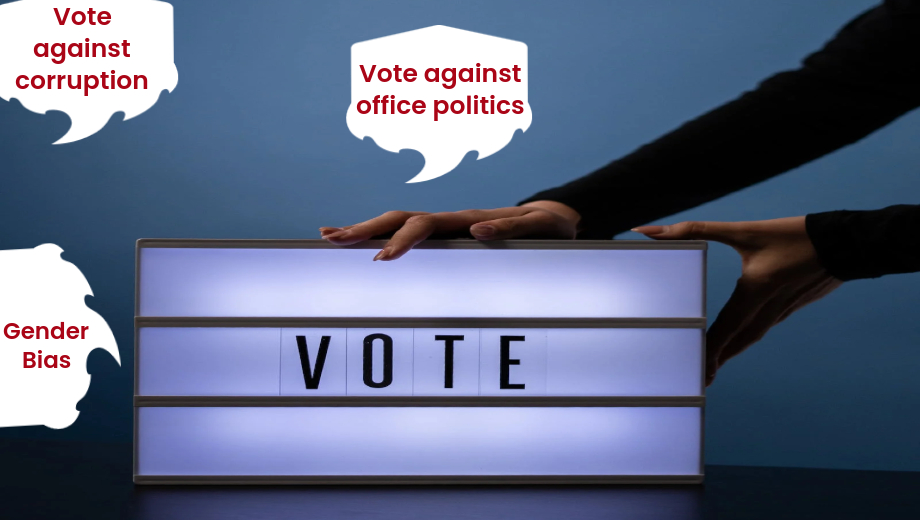International Democracy Day is observed on September 15th each year. It is a United Nations (UN) initiative aimed at promoting and upholding the principles of democracy worldwide. This day provides an opportunity to raise awareness about the importance of democracy and to reflect on the challenges and opportunities it presents to societies around the globe.
International Democracy Day serves as an occasion to celebrate the progress made in promoting democracy and to highlight the importance of continued efforts to strengthen democratic institutions worldwide. It also provides a platform for governments, organizations, and individuals to engage in discussions and activities that promote democratic values and practices.
Throughout the world, various events, seminars, conferences, and educational initiatives take place on International Democracy Day to raise awareness about democracy’s significance and the challenges it faces. The UN and other organizations use this day to encourage countries to uphold and protect democratic principles and to support nations in their efforts to establish and strengthen democratic governance.
Empowering the next generation: How can democracy at the workplace be achieved through Creative Social Intranet
Creative Social Intranet focuses on young people’s essential role in advancing democracy and ensuring that their voices are included in the decisions that have a profound impact on the company’s growth.
Achieving democracy at the workplace through a Creative Social Intranet involves leveraging technology and communication tools to foster a more democratic and participatory organizational culture. Here are some steps and strategies to achieve this goal:
- Define Clear Objectives: Identify the specific goals and objectives you aim to achieve by introducing a Creative Social Intranet. Do you want to improve employee engagement, transparency, collaboration, or decision-making processes?
- Select the Right Intranet Platform: Choose an Intranet platform that supports social collaboration, discussion forums, and content sharing.
- Encourage Open Communication: Create discussion forums, message boards, or chat channels where employees can freely express their ideas, concerns, and feedback. Encourage open and respectful dialogue.
- Share Information Transparently: Use the Intranet to share company news, updates, and key information. Transparency is a cornerstone of workplace democracy, and employees should have access to relevant data.
- Crowdsourced Decision-Making: Implement mechanisms for employees to contribute to decision-making processes. This might involve voting, polls, surveys on certain initiatives, proposing ideas, or participating in brainstorming sessions through the Intranet.
- Employee Recognition and Feedback: Use the Intranet to recognize and reward employees for their contributions and achievements. Establish feedback loops where employees can provide input on their work environment and suggest improvements.
- Training and Education: Provide training and resources through microlearning on using the Intranet effectively. Ensure that employees understand how to navigate and utilize its features to engage in democratic processes.
- Leadership Engagement: Encourage leaders and managers to actively participate in the Intranet, respond to employee feedback, and lead by example in promoting a democratic workplace culture.
- Document Policies and Procedures: Maintain a repository of company policies, procedures, and guidelines on the Intranet CMS. Ensure that these documents are accessible and up-to-date to empower employees with necessary information.
- Privacy and Security: Implement robust privacy and security measures to protect sensitive information and ensure that employees feel comfortable sharing their thoughts and concerns.
- Continuous Improvement: Regularly assess the effectiveness of your Creative Social Intranet in promoting workplace democracy. Gather feedback from employees and make adjustments accordingly.
- Promote Inclusivity: Ensure that the Intranet is accessible to all employees, including those with disabilities. Consider diverse perspectives when designing and implementing features.
- Data Analytics: Use data analytics tools to gather insights from Intranet usage. Analyze trends, engagement levels, and user feedback to refine your democracy-promoting initiatives.
- Promote a Culture of Trust: Foster a workplace culture based on trust, where employees feel empowered to voice their opinions and know that their contributions are valued.
Implementing a Creative Social Intranet to promote workplace democracy is an ongoing process that requires commitment from leadership, active participation from employees, and a willingness to adapt and improve over time. It can lead to a more engaged and motivated workforce and, ultimately, contribute to the success of the organization.
